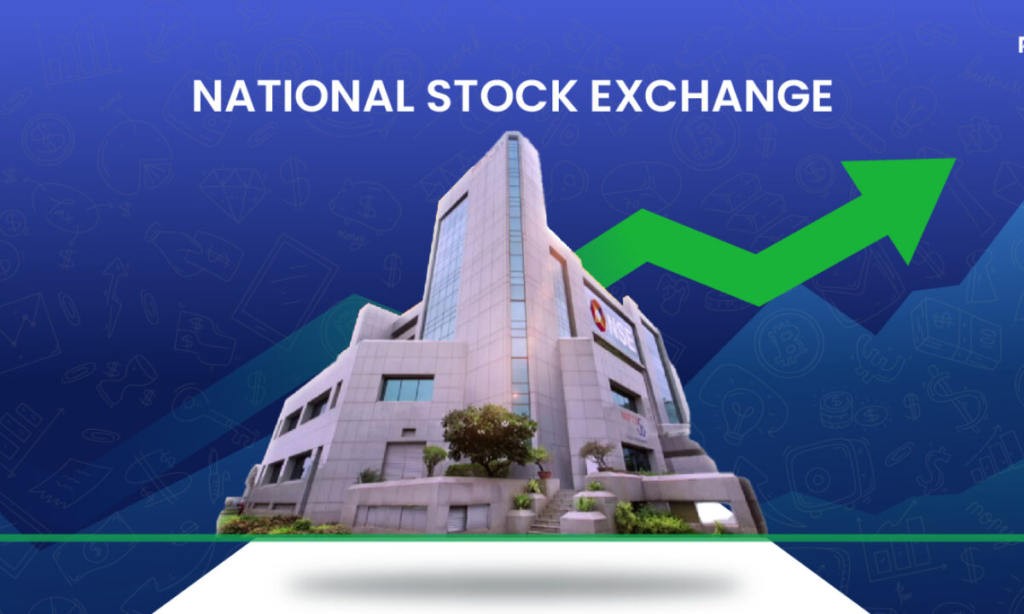The NSE Q1 Results for the fiscal year 2023-24 reveal a significant financial upturn for India’s largest stock exchange. The National Stock Exchange (NSE) reported a substantial 39% year-on-year (YoY) increase in consolidated profit after tax (PAT), reaching ₹2,567 crore for the quarter ending June 2024. Revenue from operations also saw a dramatic rise of 51% YoY, totaling ₹4,510 crore, reflecting the exchange’s strong operational performance.
NSE Q1 Results: Revenue and Profit Growth
The impressive growth in revenue can be attributed to heightened trading activity and robust contributions from various business segments. These include data center and connectivity services, clearing services, listing services, index services, and data services. The net profit margins for Q1 FY25 stood at 52%, underscoring NSE’s operational efficiency and financial strength.

In addition to its strong profit and revenue figures, NSE allocated an additional ₹587 crore to enhance its Core Settlement Guarantee Fund (SGF) corpus. This contribution increased the SGF corpus to ₹10,500 crore, in line with SEBI’s recommendations. After this addition, the core SGF corpus stands at ₹9,726 crore, demonstrating the exchange’s commitment to maintaining a robust financial cushion to support market stability and operations.
Trading Volumes and Financial Contributions
Trading volumes exhibited significant growth during Q1 FY25. The cash markets recorded an average daily traded volume (ADTV) of ₹1,22,872 crore, marking a 110% increase compared to the previous year. Equity futures saw their ADTV rise to ₹2,09,279 crore, a 101% YoY increase, while equity options (premium value) experienced a 33% YoY growth, reaching an ADTV of ₹71,957 crore. These metrics reflect the heightened trading activity and investor engagement on the exchange.
In addition to its strong financial performance, NSE contributed ₹14,003 crore to the exchequer for Q1 FY25. This contribution includes ₹12,054 crore from Securities Transaction Tax (STT) and Commodities Transaction Tax (CTT), ₹1,018 crore in stamp duty, ₹362 crore in GST, ₹333 crore in SEBI charges, and ₹236 crore in income tax. Notably, 63% of the STT was derived from the cash market segment, while 37% came from the equity derivatives segment.
On a standalone basis, NSE reported a net profit of ₹1,960 crore for the quarter, up from ₹1,598 crore in the same period last year. The exchange’s total operating income for Q1 FY25 was ₹4,051 crore, reflecting a 43% year-on-year increase from ₹2,833 crore in the corresponding quarter of the previous year. This growth highlights NSE’s strong financial performance and its ability to effectively leverage market opportunities.
Total expenses for the quarter amounted to ₹1,762 crore, with nearly 49% of these expenses, or ₹862 crore, attributed to SEBI regulatory fees, the additional contribution to the Core SGF, and contributions to the Investor Protection Fund Trust (IPFT). This allocation reflects the exchange’s ongoing commitment to regulatory compliance and investor protection.
You might also be interested in – NSE has reduced the number of securities eligible as collateral by over 1,000, impacting F&O trading accessibility.